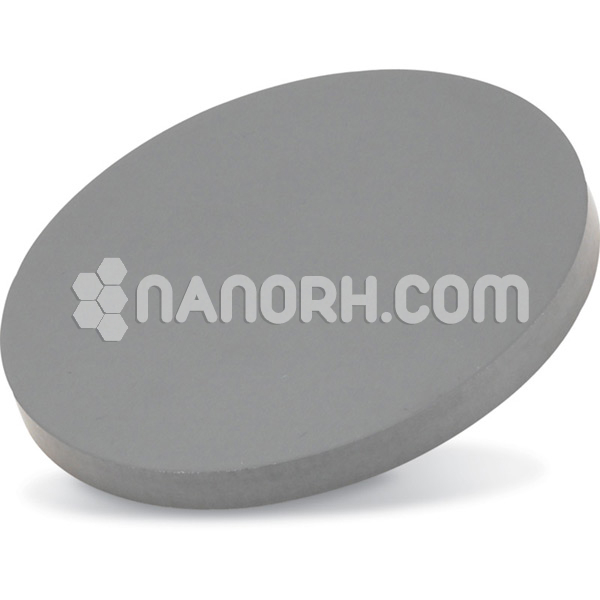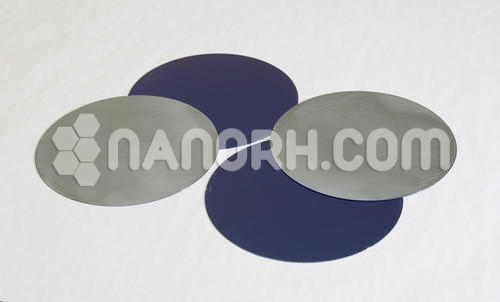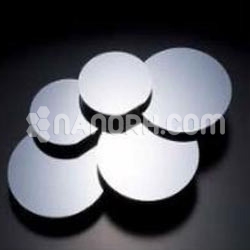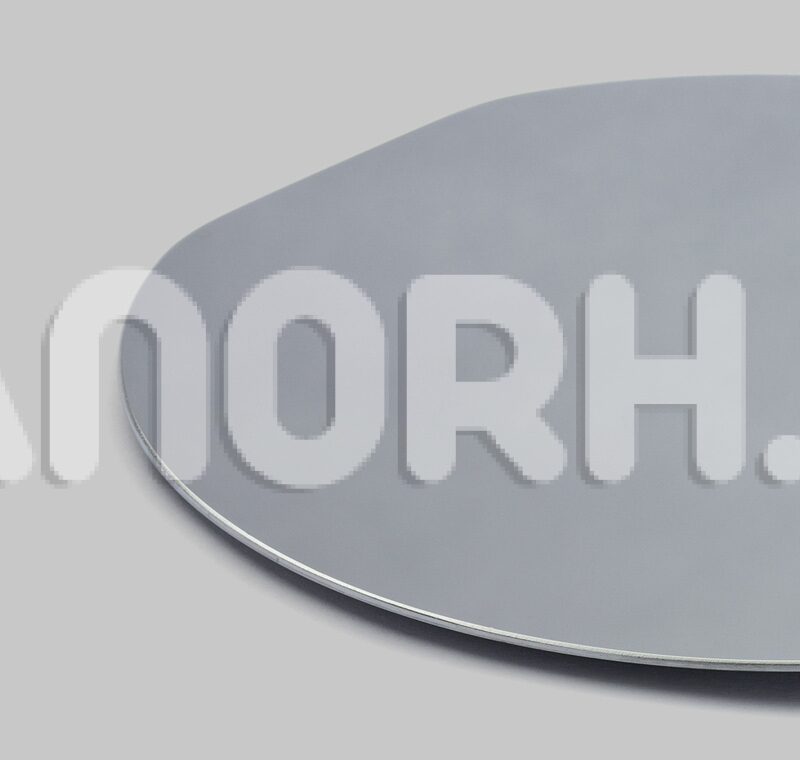Copper Indium Gallium Sulfur Selenide Sputtering Targets
Copper Indium Gallium Sulfur Selenide Sputtering Targets
| Copper Indium Gallium Sulfur Selenide Sputtering Targets | |
| Product No | NRE-43394 |
| CAS No. | NA |
| Formula | CuInGaSSe |
| Molecular Weight | NA |
| Purity | >99.9% |
| Density | NA |
| Thickness | 3 mm ± 0.5mm (can be customized) |
| Diameter | 50 mm ± 1mm (can be customized) |
| Shape | Round |
| Resistivity | NA |
| Thermal Conductivity | NA |
Copper Indium Gallium Sulfur Selenide Sputtering Targets
Copper indium gallium sulfur selenide (CIGSSe) sputtering targets are used in various advanced technology applications, with a primary focus on high-performance thin-film solar cells. Here’s an overview of their key applications.
Photovoltaic Solar Cells
CIGSSe Thin-Film Solar Cells: CIGSSe is an advanced variant of the CIGS material where selenium is added to sulfur in the alloy. This modification can enhance the efficiency and stability of thin-film solar cells. CIGSSe solar cells are known for their high power conversion efficiency and are used in both terrestrial and space applications due to their excellent light absorption and conversion properties.
High-Efficiency Solar Panels
Enhanced Performance: By incorporating both sulfur and selenium, CIGSSe aims to improve the bandgap and light absorption characteristics of the solar cells. This results in better performance under varying light conditions and increased energy yield compared to traditional CIGS cells.
Flexible and Lightweight Solar Cells
Flexible Substrates: CIGSSe thin films can be deposited on flexible substrates, making them suitable for applications where lightweight and flexible solar panels are required. This includes applications in portable solar power solutions and integration into unconventional surfaces.
Optoelectronic Devices
Light Sensors and Emitters: CIGSSe materials can also be used in other optoelectronic devices where high efficiency in light absorption and emission is required. These devices can include sensors and light-emitting elements for various applications.
Research and Development
Material Innovation: CIGSSe sputtering targets are valuable in research settings where scientists and engineers are exploring new materials and optimizing the properties of thin films. This includes studying the effects of different ratios of sulfur and selenium on film performance and stability.
Energy-Efficient Coatings
Specialized Coatings: The properties of CIGSSe can be leveraged for specialized coatings that require specific optical or electronic characteristics. This might include coatings for energy-efficient windows or advanced optical devices.
Advantages of CIGSSe:
High Efficiency: The addition of selenium can enhance the light absorption and electronic properties of the film, contributing to higher efficiency solar cells.
Improved Stability: CIGSSe can offer better stability and performance under varying environmental conditions compared to some other thin-film technologies.
Versatility: The material’s ability to be deposited on flexible substrates makes it suitable for a wide range of applications beyond traditional rigid panels.




